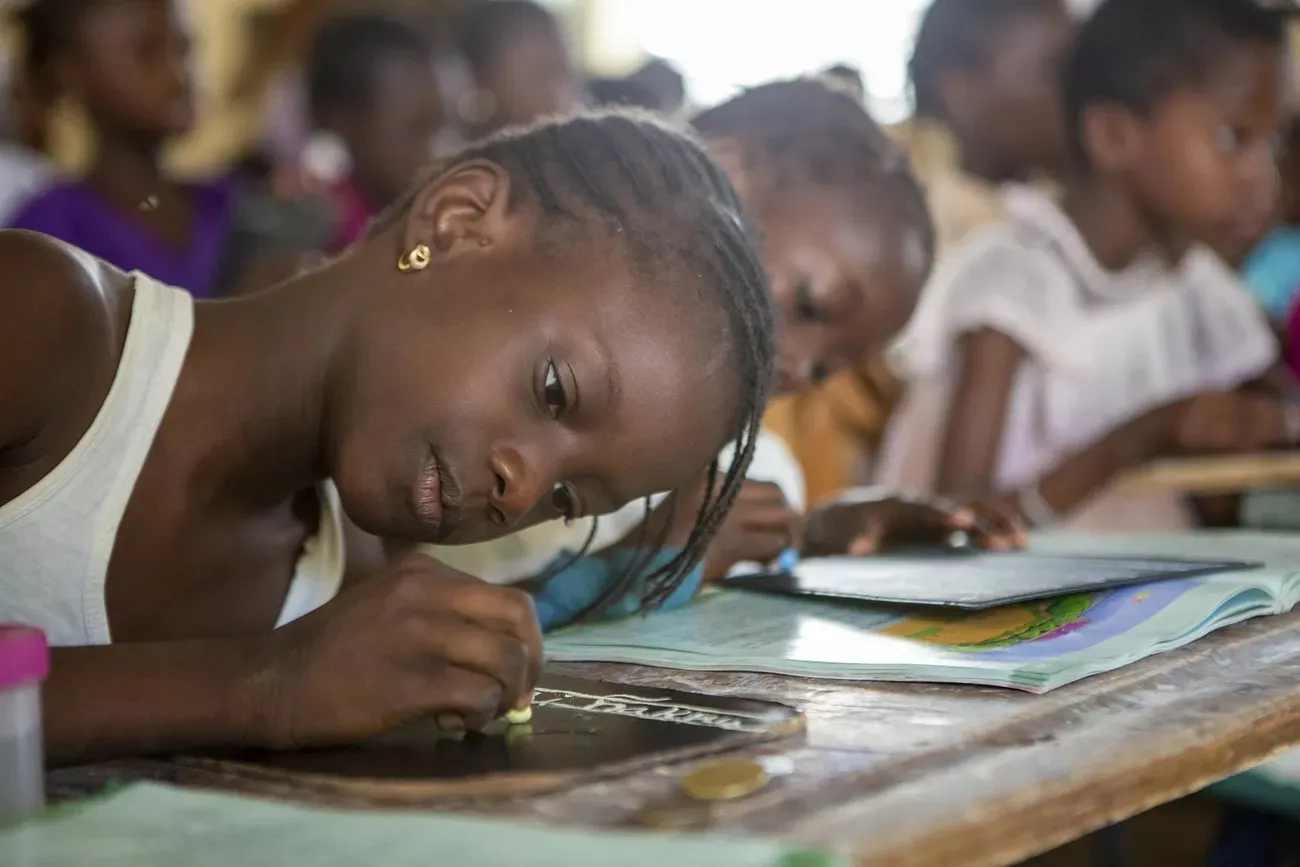Open Licensing in Education - Infographic
This infographic provides an explanation of open licensing and how to use open licensing to increase access to high-quality teaching and learning materials, including textbooks and storybooks.
This infographic provides an explanation of open licensing and how to use open licensing to increase access to high-quality teaching and learning materials, including textbooks and storybooks.

This report sets out to understand the effectiveness of OER policies to date and whether there is evidence of integration between OER policy provisions and other mainstream government policy commitments or strategic goals.
The same disruptive technologies transforming traditional markets and changing skills demands are also altering the methods through which workers can learn and acquire new skills. EdTech innovations, such as technology-enabled learning materials, online and blended learning, adaptive learning software, and micro-credentials, can help to close skills gaps in developing countries by improving the quality of Technical and Vocational Education and Training (TVET) delivery, particularly as it relates to acquisition and assessment of technical skills.

Neil Butcher was invited to present at Botswana Open University’s Open Access Week in October, 2021. In this presentation, OERs and open licensing: Why it matters to open universities?, Neil explores what is needed for us to join the Fourth Industrial Revolution (4IR). Librarians are positioned to lead the way in the 4IR by helping their institutions and communities understand and harness the potential of open licences and OER.
The UNESCO Institute for Lifelong Learning (UIL) and the Commonwealth of Learning (COL) have published Guidelines on open and distance learning for youth and adult literacy to support literacy providers around the world in planning, implementing, monitoring and evaluating their open and distance learning-based (ODL) literacy programmes.
The idea of Public-Private Partnerships (PPPs) has generated growing interest from governments around the world as a possible mechanism for developing and sustaining public infrastructure and services. For example, PPPs were identified at the 2002 World Summit on Sustainable Development as significant tools for achieving global sustainable development. Many governments are turning to the private sector for the financing, design, construction and operation of infrastructure projects.
An online clinic on open educational resources (OER) and national policy on 27 September, 2021, was facilitated by Neil Butcher & Associates, in partnership with the EdTech Hub, UNESCO, the mEducation Alliance, and the Education Commission.
The workshop sought to cover the following issues: